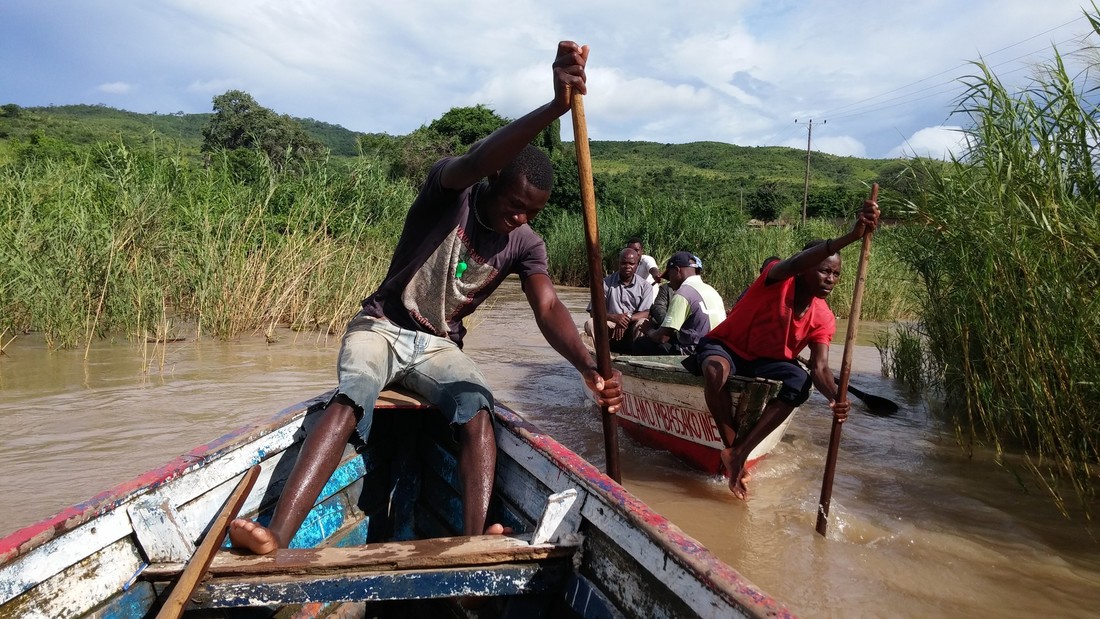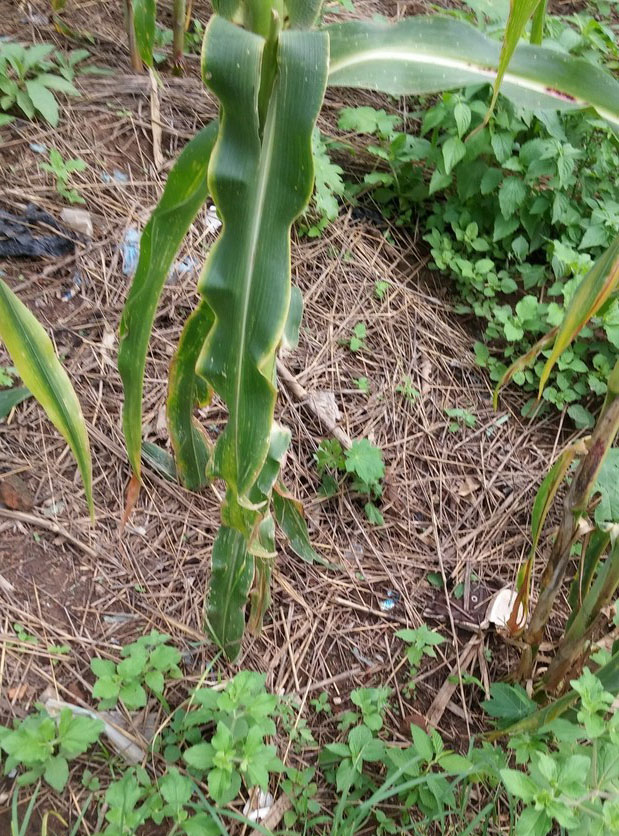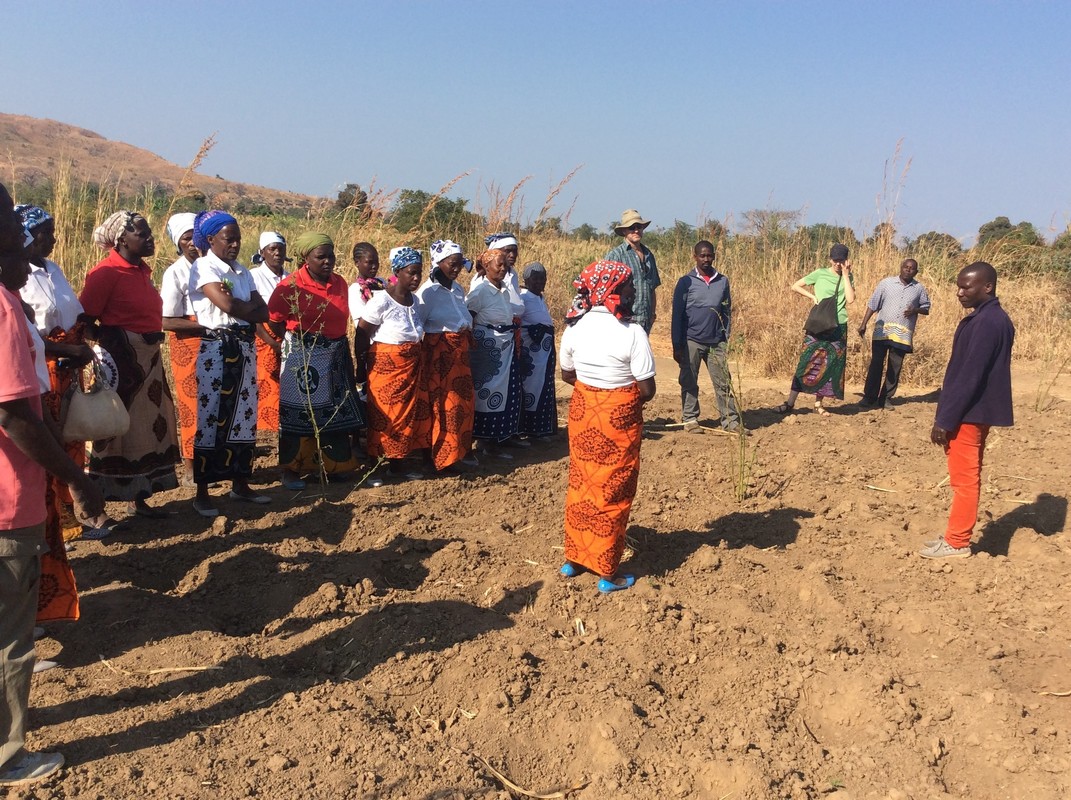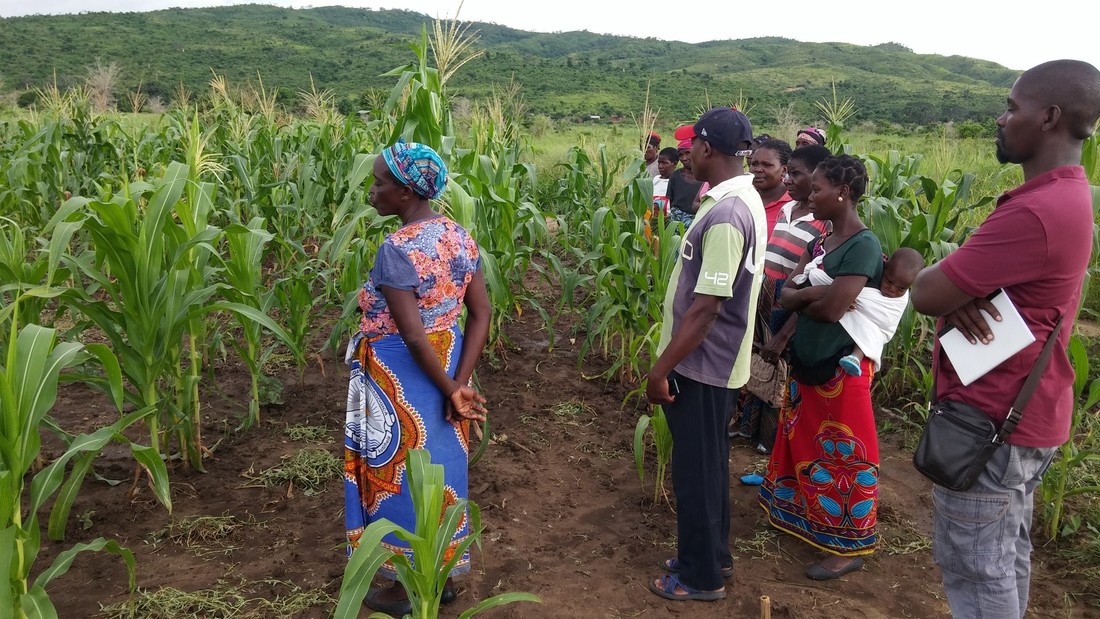MOZAMBIQUE – I learned an amazing lesson recently. This isn’t a success story. It’s a resilience story. A few months ago, I stood in a dry, brown field with a group of women in Mozambique. This wasn’t just any field, but a demonstration farm plot, a piece of land set aside for the practice of conservation agriculture.
This wasn’t just any field, but a demonstration farm plot, a piece of land set aside for the practice of conservation agriculture. These household farmers had learned new farming techniques that they hoped would yield strong and bountiful crops with which they could feed their families. The women sang joyfully as they imagined their future. Their hopes were high that this was the start of something successful.
Now I was back. But this time, things were different. This time, we needed rowboats to cross an overflowing river. This time, we had to walk around standing water to make our way to the field. And this time, there was no singing.
The women met me at the field and told me what the last few months had brought. First, the rains stopped right after they planted and their young plants died. But the women did not give up. They planted some sections of the field three times over.
Then animal herders let their animals walk through the field and eat the mulch the women had so painstakingly collected and villagers set fire to the remaining mulch, thinking it was dead grass, not valuable mulch that had been purposefully placed there. But these farmers did not give up.
“But we have this treasure in clay jars, so that it may be made clear that this extraordinary power belongs to God and does not come form us. We are afflicted in every way, but not crushed; perplexed, but not driven to despair; persecuted, but not forsaken; struck down, but not destroyed; always carrying in the body of the death of Jesus, so that the life of Jesus may also be made visible in our bodies.” 2 Corinthians 4:7-10
The group met with the village chief and his secretary, who convened a meeting of the entire village and told them not to let animals wander through the field. Because it was too late to find more mulch, the farmers decided to plant a cover crop of cowpeas. But insects attacked the cowpeas, leaving little hope for harvest.
Surely now the women were ready to quit. “Are you going to give up?” my World Renew colleague asks
“No!” they cry. “We will try vegetable gardening next,” one says. “Maybe that way we can grow some food. Next year we will start making compost too for our field. And we’ll try a different cover crop.”
The stress of a hard life shows visibly on their faces. Their families are hungry. They have faced setback after setback. But these women press on. Their hopes are not dashed. They are resilient.
It’s a good lesson to all of us.
Blessings,
Steve Sywulka
Team Leader
Southern Africa Ministry Team




